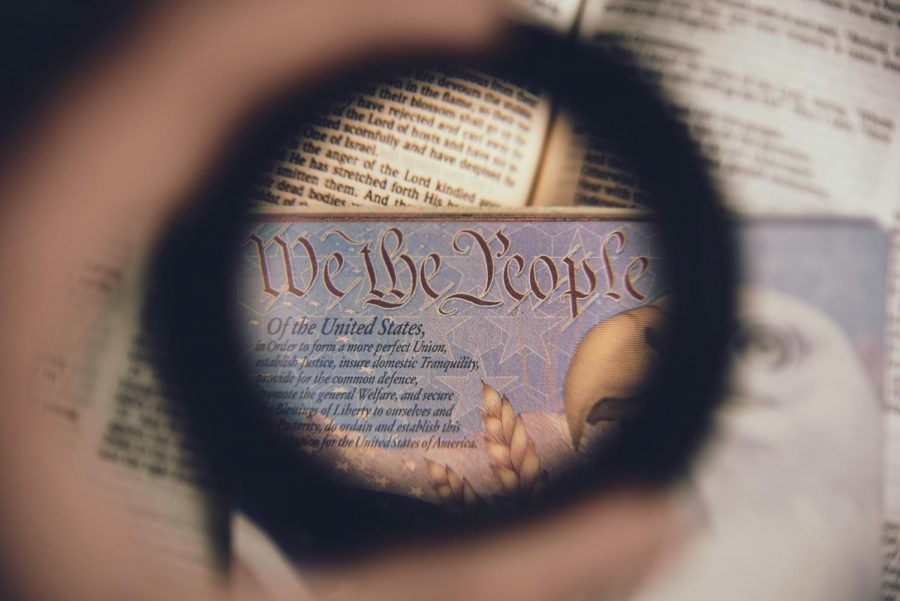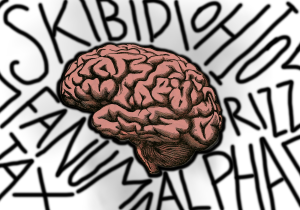NARA’s un-American content warnings
September 13, 2021
Trigger culture has gone too far.
This past Wednesday the National Archives Records Administration released a statement explaining that they had put warning labels on historical documents. These documents include the Declaration of Independence, the Constitution and other founding papers.
“NARA’s records span the history of the United States, and it is our charge to preserve and make available these historical records,” the NARA said. “As a result, some of the materials presented here may reflect outdated, biased, offensive and possibly violent views and opinions. In addition, some of the materials may relate to violent or graphic events and are preserved for their historical significance.”
What violent or offensive acts are presented in our Constitution or Declaration of Independence? The Declaration of Independence was created as a formal letter announcing our separation from England’s overbearing monarchy. The document is famously known for stating, “We hold these truths to be self-evident, that all men are created equal, that they are endowed by their Creator with certain unalienable Rights, that among these are Life, Liberty, and the pursuit of Happiness.”
The war that separated us from England was violent, but the war was not detailed in the documents. What was detailed and what has now been deemed offensive were our beliefs of what a freestanding nation should represent and what rights free citizens should hold.
To further that line of reasoning, our own lawmakers said that the Constitution is a “fluid document,” meaning it serves as a foundation rather than a strict instruction manual for our nation. This idea was argued by old age republicans who wanted a looser interpretation of the document. In 1987, Supreme Court Justice Thurgood Marshall delivered a lecture, “The Constitution: A Living Document,” in which he argued that the Constitution must be interpreted in light of the moral, political, and cultural climate of the age of interpretation. New amendments are added throughout the years to account for modern times so that our nation can progress even as our basic principles such as freedoms of speech, arms and assembly are upheld.
The NARA further stated that the documents could, “reflect racist, sexist, ableist, misogynistic/misogynoir, and xenophobic opinions and attitudes; be discriminatory towards or exclude diverse views on sexuality, gender, religion, and more.” The documents kept in the archives were written through a nearly 400 year old lens. Taking offense to a centuries old document shows the offending party’s lack of education on the subject of our nation’s history and a lack of skill in viewing the topic objectively. What these people fail to see is that the documents they are offended by laid down a framework for a society that could afford them an equal footing in a world where elsewhere they would see no progress.
In conclusion, I see these labels as a symbol of what our nation has become: divided. My solution is to normalize pride in our nation and embrace our history rather than catering to those who attempt to erase any evidence of history they deem to be politically incorrect.









